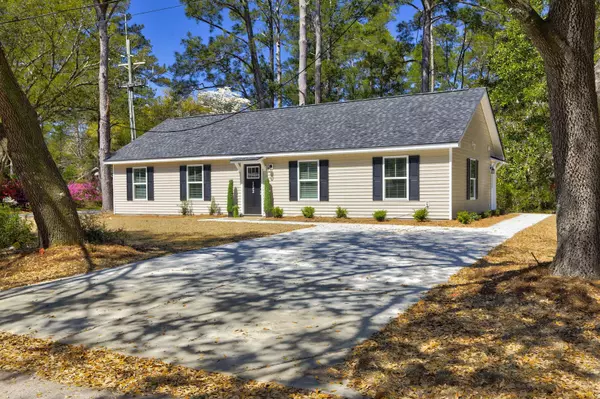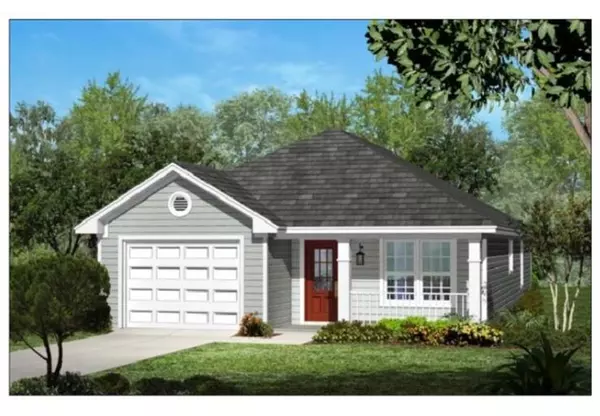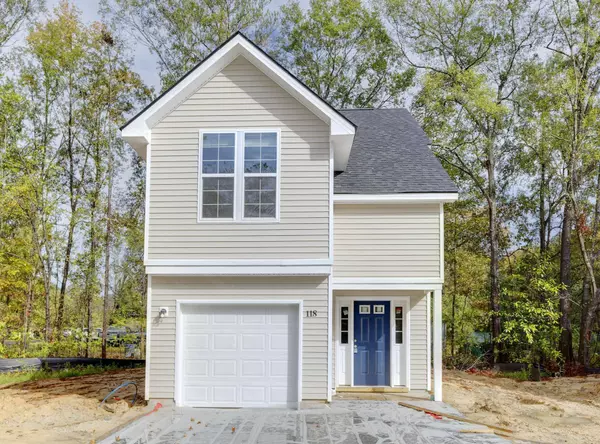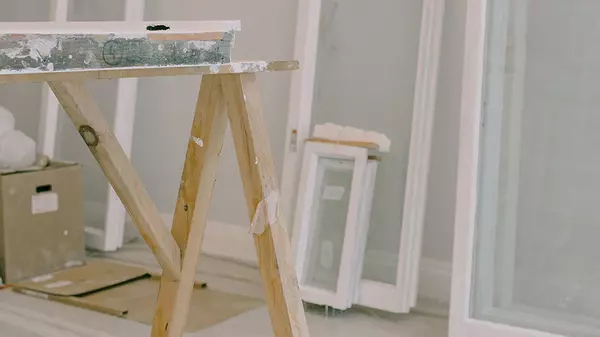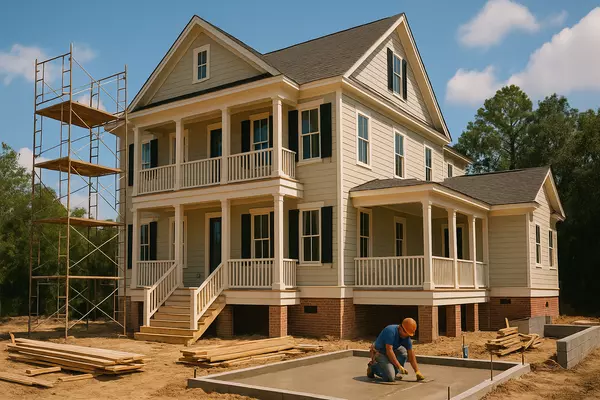
What is a 1031 Exchange?
Introduction image by binyamin mellish If you’re an investor in the Charleston, SC area or simply curious about tax-savvy real estate strategies, you may be asking: What is a 1031 exchange in real estate, and how does a 1031 exchange work? In a nutshell, a 1031 exchange (named after Section 1031 of
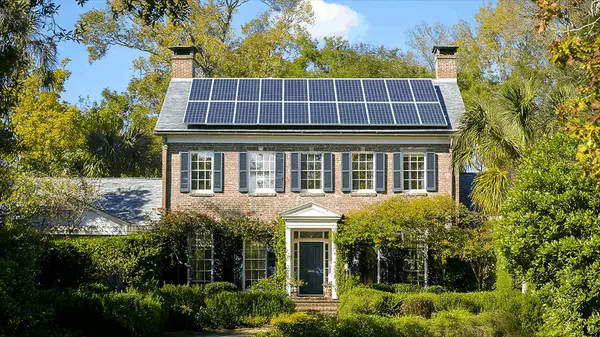
Energy-Efficient Upgrades Every Charleston Homeowner Should Consider
With rising energy costs and the increasing importance of sustainability, Charleston homeowners are turning to energy-efficient upgrades to save money on utilities and reduce their environmental impact. Whether you're looking to lower your monthly utility bills, increase your property’s value, or ma

Why is Selling Your Home So Stressful?
When people talk about the most stressful things they've ever done, selling a house comes up again and again. But why is the selling process so anxiety-inducing, and what can you do to make sure it doesn't happen to you? Let's look at some of the reasons selling a home causes you stress, and what y

Home for Sale Summerville, SC 1,400,000
Famous Hobbit House of Summerville, SC for Sale 430 Barfield Drive | Summerville, SC 29485 The hobbit house is finally here! Tucked away in one of Summerville's most exclusive communities, Walnut Farms. This storybook 16th-Century Elizabethan-Style home is awaiting its new owner! Bedrooms: 5 Bathro
Categories
Recent Posts
